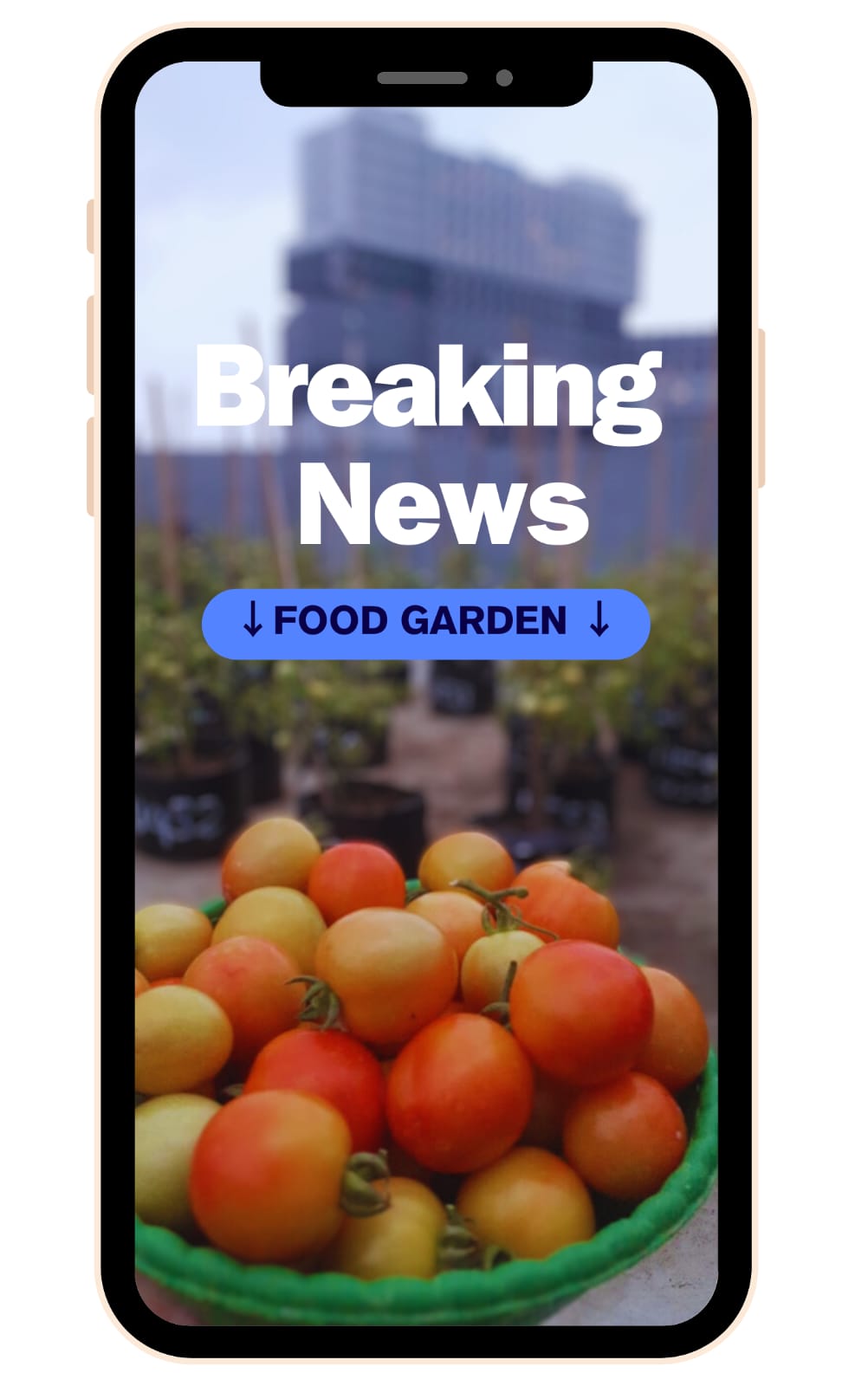Utilizing university food gardens as an instructional tool for teaching horticulture: Gaining insights from project experience
DOI:
https://doi.org/10.51773/ajcd.v4i1.317Keywords:
food garden, horticulture, learning achievement, learning outcomes, project-based learningAbstract
Advanced Horticultural Production Technology is a course that may be chosen as an option in the Agrotechnology Study Programme. Ineffective legal laws and slow technical progress hinder the growth of Indonesian horticulture products. Additionally, insufficient human resource capabilities, weak horticultural institutions, and suboptimal technological innovation further impede this development. Horticultural Postharvest Technology students find this material inspiring and beneficial. This course instructs students in applying agronomy, plant breeding, plant protection, soil science, and social sciences to enhance resource efficiency, quality, and sustainability in agricultural activities. Tropical horticultural items, such as vegetables and fruit, will experience an impact. This research is limited to examining commodities, morphology, plant environment, plant varieties, and growth methodology specifically related to tomato-produce plants. Students participate in offline and online FGBL activities—an initial questionnaire ascertained identity. Questionnaires, brainstorming, assignments, and monitoring of media reports are used to evaluate each stage of FGBL activities. To gain these abilities, employ the method of project-based learning (FGBL). FGBL includes the development of a project plan and timetable, assessing student attributes, formulating structured inquiries for experimental design, supervising progress through reports, exchanging ideas, and evaluating the project. This article provides a detailed discussion of various measures that assess student motivation for learning, such as participation during lectures and engagement in brainstorming activities.

Downloads
Published
How to Cite
Issue
Section
License
Copyright (c) 2024 Eny Dyah Yuniwati

This work is licensed under a Creative Commons Attribution-NonCommercial 4.0 International License.





